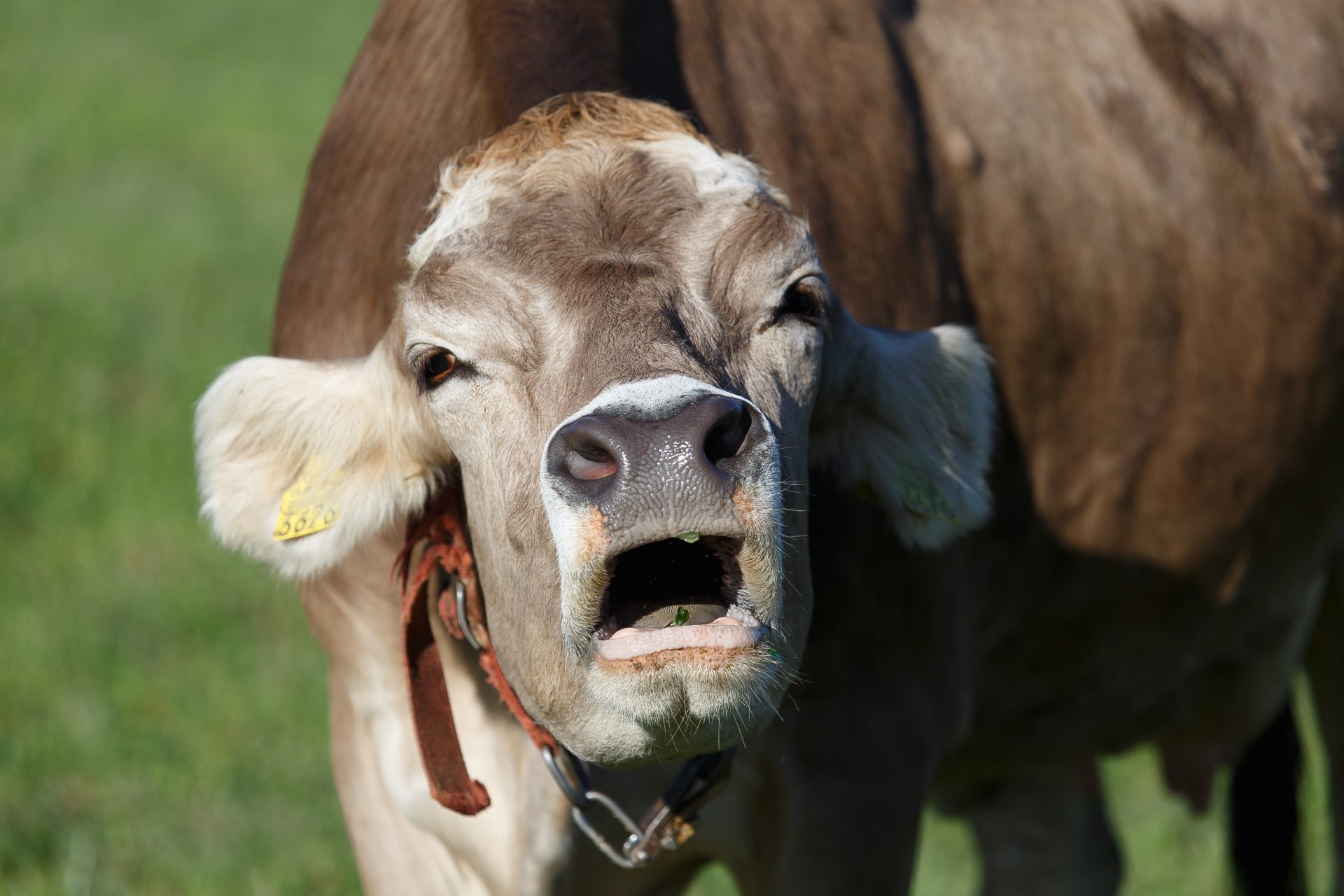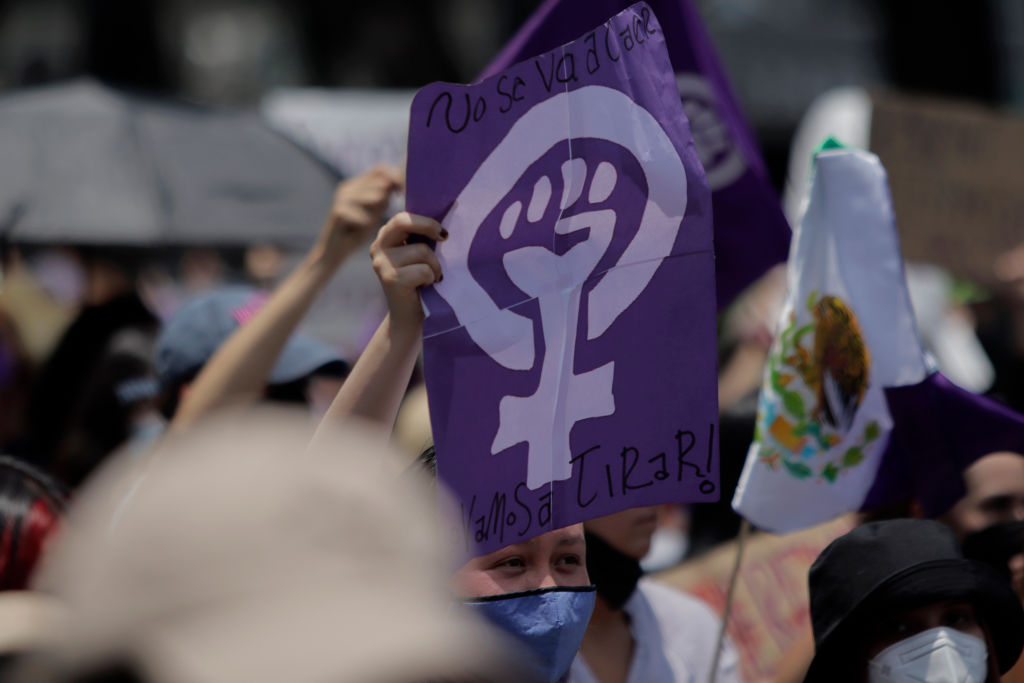Is a 'cow burp tax' the solution to climate change?
No, this gallery isn't a joke! Some countries are looking at the possibility of taxing farmer's for the burps and farts their cattle emit.
New Zealand is well known for its rich soils thanks to millions of years of volcanic activity, making the land ideal for raising grass-munching cattle.
So it is no surprise that free-range, grass-fed beef is one of New Zealand's most significant and highest-earning exports. So why does the government plan on taxing cow burps?
According to New Zealand's Ministry for the Environment, "The high level of agricultural production in New Zealand means methane and nitrous oxide make up a higher proportion of gross emissions. These gases have a greater warming effect compared with carbon dioxide."
In other words, agriculture in New Zealand is one of the biggest contributors to climate change in the country. The Ministry for the Environment hopes that taxing cow burps will help the country reach its goal of net-zero emissions by 2050.
Taxing cow burps might sound ridiculous, but methane is a potent greenhouse gas...and New Zealand has a lot of cows.
Rachel Pannett from The Washington Post explained it well in an article on the subject: "the digestive processes of the livestock — basically, their burps — emit a powerful greenhouse gas called methane, and as a result, agriculture makes up half of the country's emissions."
Pannett points out that this so-called cow burp tax will vary depending on a number of factors, such as the size of the farm, the amount of livestock, the kinds of fertilizers used by farmers and the steps that they are taking to reduce emissions.
The New Zealand government hopes that the cow burp tax will help to reduce the amount of methane released by livestock in the country by 47% in 2050.
But one can't help but wonder, are cow burps and farts really that big of a deal? Are they actually polluting our environment that much?
Well, New Zealand is not the only country concerned about cow burps and farts. An article in The Conversation pointed out that globally 150 governments have made the commitment to reduce methane emissions from agriculture and, of course, those from fossil fuels infrastructures and natural gas pipelines.
According to the U.N Food and Agriculture Organization, livestock cause around 15% of all global greenhouse gas emissions.
Furthermore, Greenpeace released a report in 2020 that indicated that cattle raised for meat and dairy in Europe released more greenhouse gases per year than all the vehicles on the continent.
However, Kevin Trenberth, a climate scientist from the University of Auckland, argues in a piece for The Conversation that taxing cow burps is not the best climate solution.
Trenberth argues that "short-lived climate pollutants such as methane should be split out from long-lived ones such as carbon dioxide when making policy."
Trenberth went on to say: "While biogenic methane ultimately recycles the carbon dioxide that was its source a short time ago, fossil-sourced methane adds carbon dioxide to the atmosphere."
Pictured: cows with meters to measure methane output.
Furthermore, while livestock is undoubtedly contaminating the environment globally, Trenberth points out that studies show they only cause "about one-third of global anthropogenic methane emissions, while oil and gas operations represent about 63%."
Despite this, Trenberth says countries should still try to reduce biogenic methane. However, he clarifies that "the circular life of biogenic methane means that it should be considered separately from fossil methane when determining how to manage emissions to reach net zero by 2050."
More for you
Top Stories































